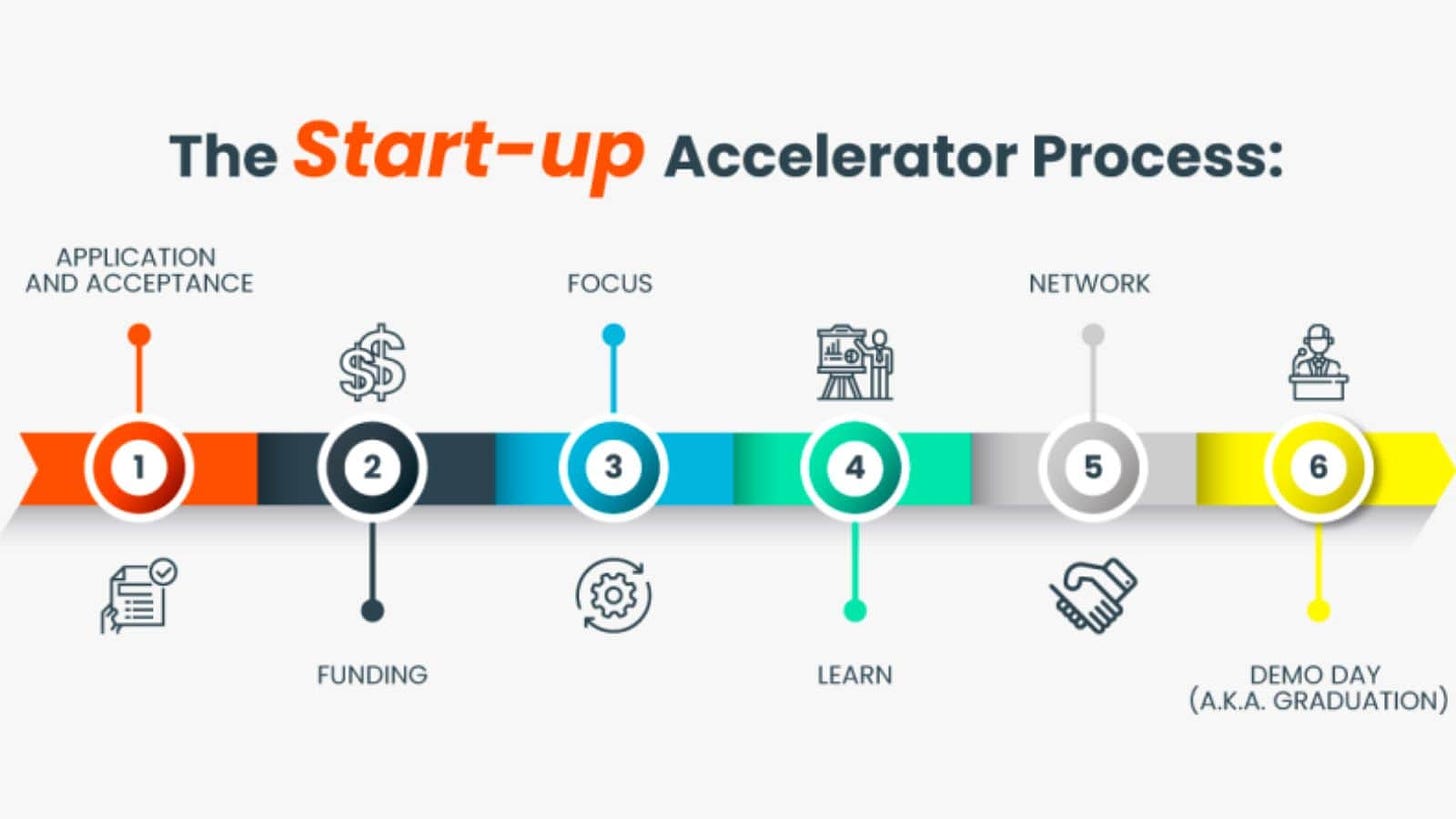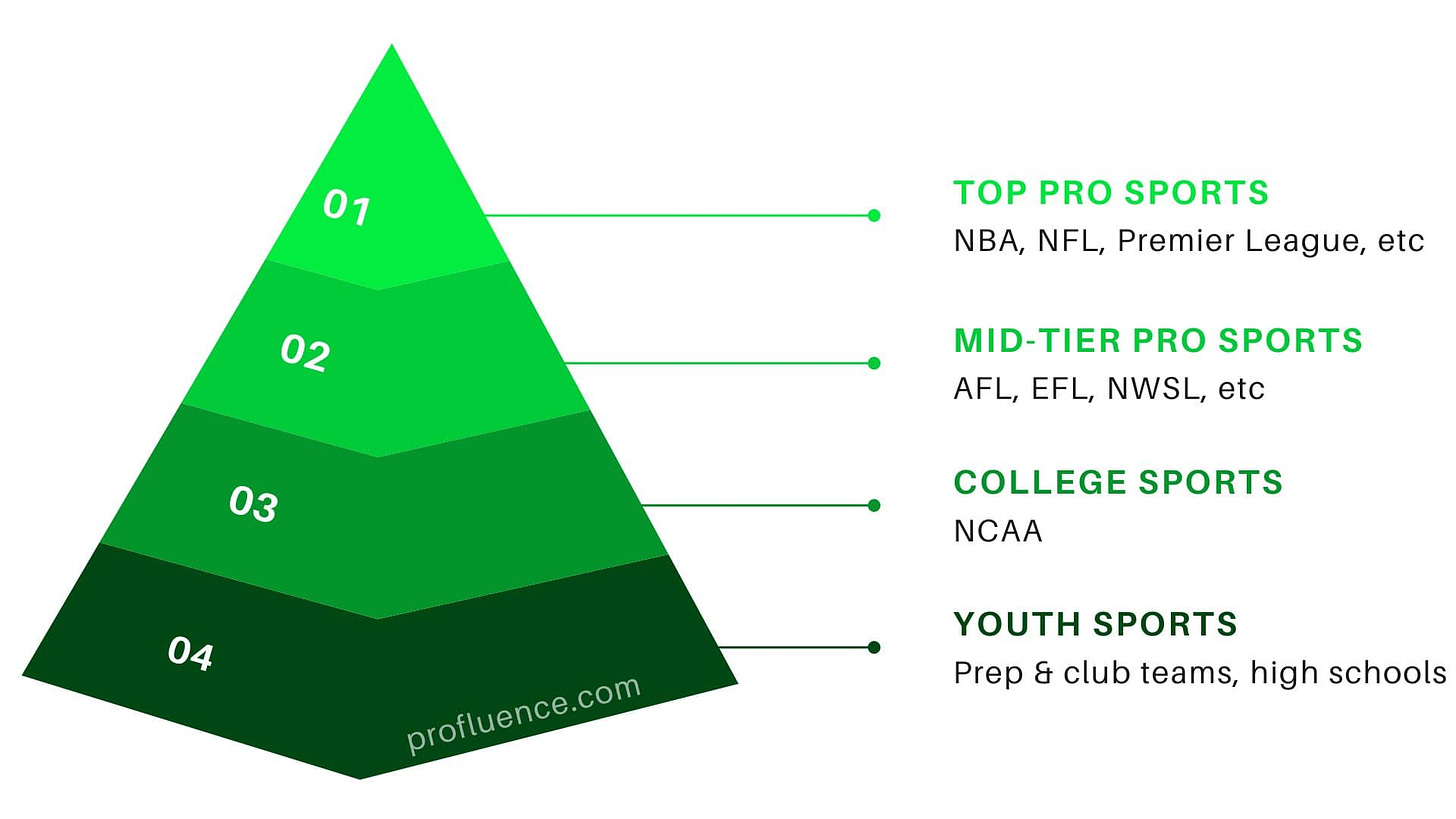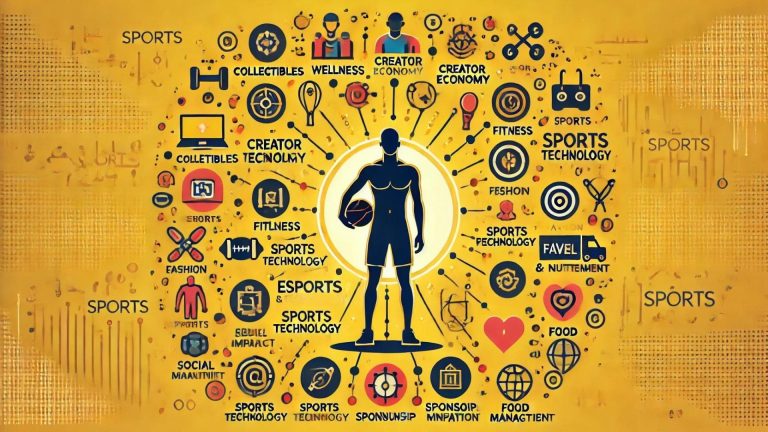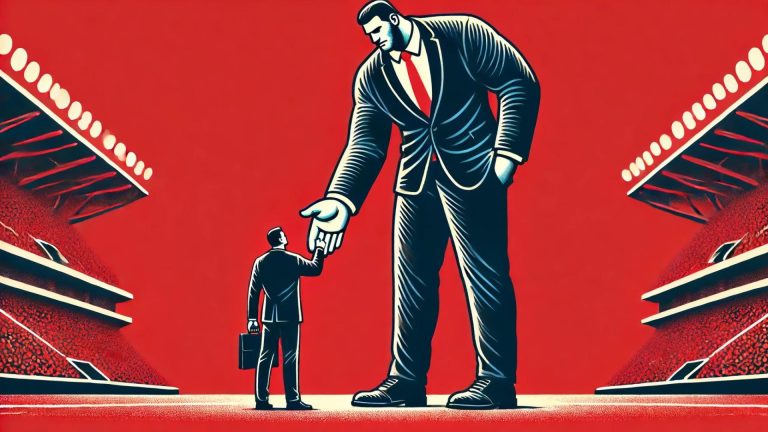There’s never been a better time to be a sports startup…
In the last few weeks ─ it got even better:
1️⃣ Chiliz launched a $50M blockchain incubator + accelerator to help assist web3 and sports/entertainment startups.
They quickly made an investment in Blockasset to help expand their athlete NFTs (and are onboarding them to the Chiliz 2.0 blockchain ecosystem).
2️⃣ The NBA announced 7 new sports technology startups to be admitted to its launchpad accelerator.

3️⃣ Major League Soccer is launching MLS Labs, an incubator program for young sports tech startups to test and scale their products.
4️⃣ The Orlando Magic & leAD Sports & Health Tech Partners partnered to create a dual venture arm and accelerator.
5️⃣ FC Barcelona plans to invest in technology startups through its Barcelona Innovation Hub initiative (BIHUB).
The rise of sports tech accelerators & incubators is part of a much bigger picture.
But first, I think it’s important to take a look at the differences between them.
Let’s Dive In 👇
Startup Accelerators vs. Incubators
If you google “why use an accelerator program” — the first answer that pops up lays it out perfectly.

Funny enough, the answer also comes from Silicon Valley Bank (SVB) which I’m sure you heard all about over the last week.
(I thought about touching on SVB but there’s enough good content on the internet I’m sure you already saw — my philosophy is to provide you with content you can’t get anywhere else).
And when you type in, “why use an incubator program” — this is what you get:

Both of those answers sound similar — but there are some key differences.
Accelerators focus on scaling a business while incubators are often more focused on innovation.
Put into a metaphor…
- incubator = matches quality seeds with the best soil for sprouting and growth
- accelerator = greenhouse for young plants to get the optimal conditions to grow

So now that the differences are laid out, let’s take a look at the important role both of them will play in sports.
Impact on Sports
This all stems from the LARGER theme of sports entities launching their own venture arms and innovation labs. 🛠
As covered in, “The Rise of Sports Ventures Arm”, leagues & teams are viewing their “product” as more than just a sport ─ but a hub of innovation.
And as we saw above, accelerators and incubators are popping up at every corner across athletics.
I believe most of it comes from the professionalization of downstream sports.
Let me explain…
Pro sports set the stage for technology — and then it moves downstream to college and eventually high school + clubs.

As you can see in the pyramid, the smallest group actually sets the stage for the larger markets (in terms of # of potential clients).
It can be summarized like this…
Pro teams/leagues see the advantage of owning the upside of these startups to test product-market-fit at their level (which has the most room for innovation).
And then use their relationships, capital, and knowledge to push it downstream — of which they now have equity upside.
There is a vested interest in the downstream parties accepting these innovations.
OPPORTUNISTIC — and capitalistic.
Competition Breeds Opportunity
Now is an amazing time to build a sports startup.
Why?
Because competition doesn’t just happen on the court between NBA teams or in the boardroom between the PGA Tour and LIV Golf.
But also in picking the right startups, technology, and investments.

This competition breeds capital and opportunity for sports startups.
And private equity has a lot to do with this.
Why?
Because owning a sports team is no longer just a hobby — but turning a profit.
Example: Marc Lasry bought the Milwaukee Bucks at a $550m valuation and sold his stake a few weeks ago at $3.5B (600% increase).
To increase the valuation of teams, leagues, and companies — executives are turning to the startup ecosystem.
And naturally, athletes are also getting involved in this race as well.
Why?
Because owners don’t just need them on the field, but also on social media to push forward these new companies.
I touched on that here, Athletes and Equity, but it’s important for athletes to understand who they’re going into business with and what the real intentions are.
What Does This All Mean?
While the rise of sports accelerators and incubators is overall net-positive, it’s also important to look at some of the inherent risks.
The most glaringly obvious…
- Does their guidance & support come from a place of building the best business for the market or the best business for their own team/league needs?
Ideally, it should be both, but I’ve seen a few instances of the latter.

Typically the disconnect happens when these accelerators are looking for early stages companies that solve their unique business pain points.
The issue?
Is that this is often at odds with the promises they have made LPs to invest in companies that can generate venture-style returns.
Or accelerators/incubators issue highly predatory terms, that no VC would do and the result is a cap table or governance structure that is at odds with achieving the optimal exit event.
In terms of macroeconomics…
- Is a certain product/technology the most innovative and best on the market — or does it just have the backing of a behemoth?
I worry about this one as well.
Why?
If a sports startup with limited relationship resources is getting good early traction, it’s entirely possible for one of these team/league incubators to rip off a version of their own that is much worse in quality.
Despite the poorer quality, the immense resources (capital, relationships, networks) behind these large sports accelerators could control the outcome.
We do not want the conglomerates in sports to own the entire innovation space!

The reason for this should be glaringly obvious.
Look at how slow sports traditionally innovated — we’re just now:
- allowing college athletes to get paid
- paying athletes guaranteed contracts
- thinking about how to grow women’s sports
- going behind the scenes to showcase players (Netflix)
- creating fan engagement technologies to keep watchers interested
Accelerators and incubators are great, but the best sports technologies won’t be bred from these leagues/teams.
They’ll come from innovative founders (often who exited companies in other industries before).










